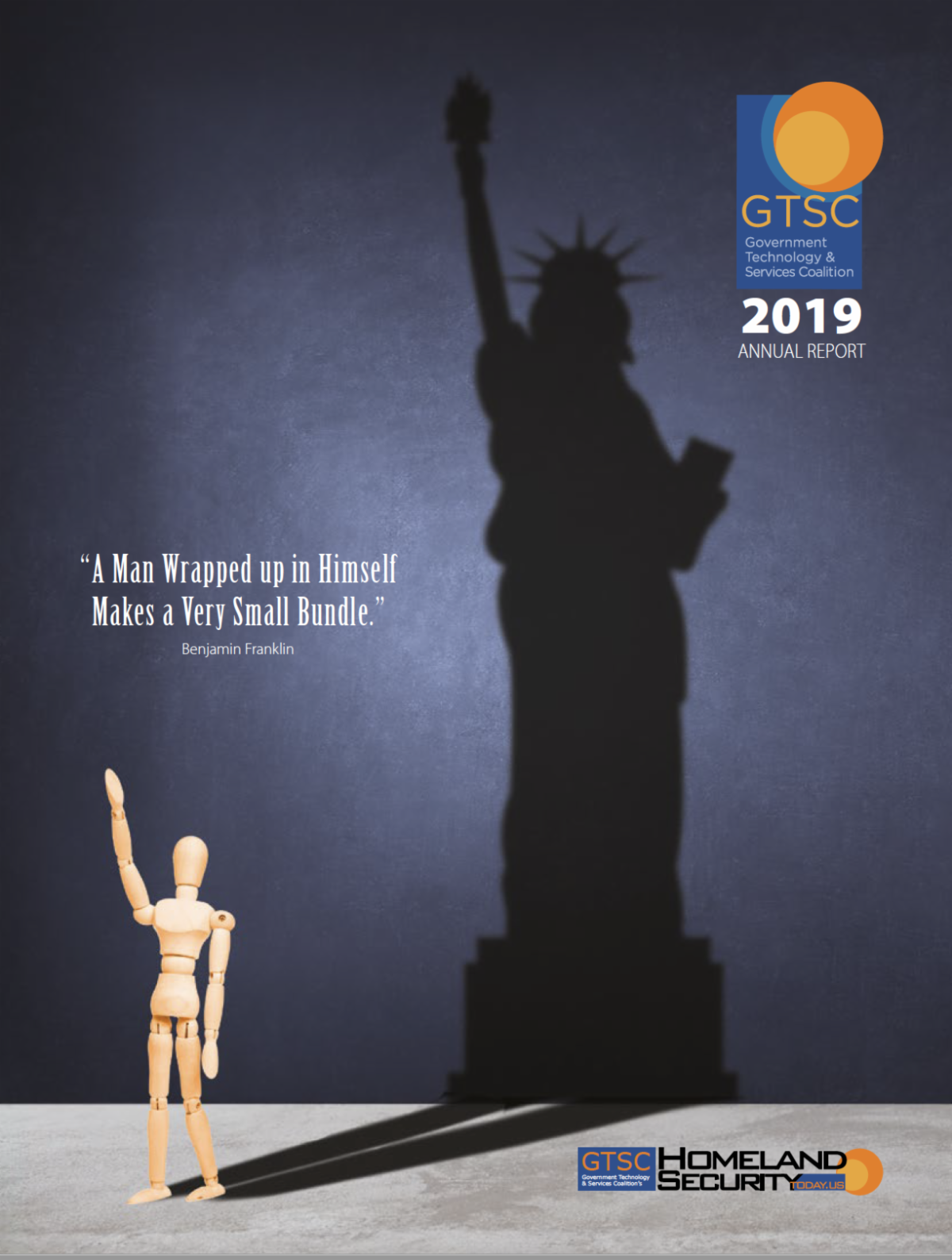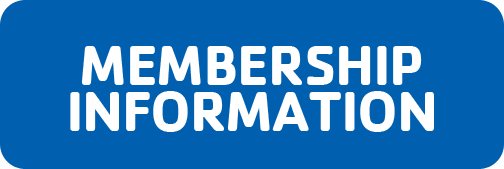GTSC Releases 2019 Annual Report: Fostering Collaboration to Cast a Wider Shadow on the Homeland Security Market

GTSC’s 2019 Annual Report: Fostering Collaboration to Cast a Wider Shadow on the Homeland Security Market, catalogs the non-profits activities and progress toward a trusted community to protect the nation.
The theme: Fostering Collaboration to Cast a Wider Shadow on the Homeland Security Market highlights the effectiveness of the over 200 contracting companies that have joined together to collaborate to bring the best solutions to the homeland security market. The organization saw 25% growth among its mid-tier members, contractors with revenue between $25 million and $1 billion, and saw over one million page views at their news site, Homeland Security Today (www.HSToday.us). In addition to engaging to improve procurement for all contractors, the organization works to provide a level playing field, increase competition, and assure that smaller companies with innovative solutions have an opportunity to share with the public sector officials that need them. The organization has attracted new government partners, and sustained vibrant partnerships with its traditional supporters.
“We are extremely happy that our approach to collaboration, facts, and practical solutions has been embraced by the homeland security community. We have worked very hard to create a community of trusted relationships between the public and private sector to work together to protect our nation. We work daily to bridge the communication gap and lack of understanding between those who are accountable for the mission, and those who support them to achieve it. Our non-profit’s work, our mission, has always been to support those on the front lines, executing our nation’s laws, to keep our children, citizens, and cities safer against all threats.” said Kristina Tanasichuk, CEO & Founder, at the release.
“Our partnership with GTSC is incomparable,” said Alba M. Alemán, CEO of Citizant and GTSC’s Mid-Tier Company of the Year. “GTSC, has been paramount in developing trusted relationships between industry and agency leaders to bring forward unique perspectives, so that those agencies will be better served and able to achieve mission-critical objectives. Moreover, to be a part of such an elite network of like-minded professionals passionate about national security and core infrastructure missions, is both energizing and humbling.”
GTSC was founded in 2011 by small business CEOs in the homeland security market to find ways to improve procurement and acquisition of innovative technologies, give small businesses a voice in the federal market, and provide a trusted community for those tasked with securing the country. The organization has evolved to represent the ecosystem of the homeland security market with small, mid-tier, and large companies engaged to collaborate, mentor, and network to achieve mission. In 2017, the non-profit purchased the Homeland Security Today media platform.
“As a fairly new business having started in 2012, I have been a part of various organizations and associations. GTSC has been the ONLY one that has consistently supported businesses and government entities with a passion for both sides. I can proudly say that Potomac Management Solution’s growth and success has been directly contributed to the programs, guidance and overall structure of GTSC!” said Diane McCain, CEO of Potomac Management Solutions and GTSC’s Small Business of the Year.
GTSC and Homeland Security Today also hosts the Annual Holiday Hero Awards recognizing those on the front-lines on watch every single day to protect our country from threats to homeland security. The awards recognize private citizens and public sector officials doing exceptional work on behalf of the homeland.





